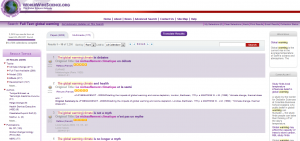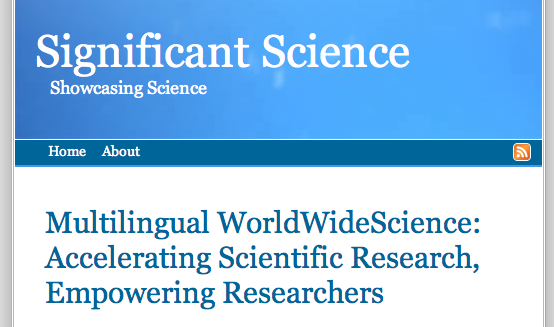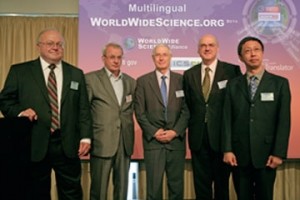Feb
Multilingual federated search, the ability to search and to view results from foreign language sources in your own language, may be just an interesting idea to some but there is a strategic value to the technology. Consider this article published by the BBC in March of 2011: China ‘to overtake US on science’ in two years. If the prediction of the UK’s national science academy, the Royal Society, proves true then sometime next year China will produce scientific research papers at a faster rate than the current leader, the U.S.
Researchers in the English-speaking world have mostly been restricted to searching only English language sources since the tools for simultaneously searching foreign language sources and for performing the translations haven’t existed until recently. Thus, opportunities to search scholarly journals in Chinese, Japanese, Portuguese and other languages associated with countries producing a great volume of science output are being missed. In an economic climate where performing research and getting products to market quickly translates to that competitive edge that leads to greater profits, being able to scour the research Web quickly, effectively, efficiently, and on an ongoing basis is critical to developing and maintaining a competitive edge.
Blog sponsor Deep Web Technologies has developed a patent pending multilingual search version of its Explorit federated search application that integrates the search and translation technologies making for a seamless and productive research environment for scientists, engineers, and researchers in business, science, and technology.




